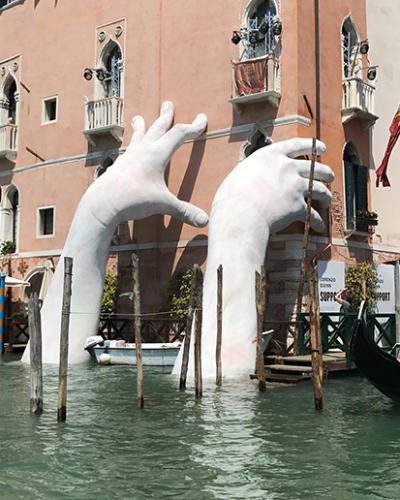The Society for the Humanities at Cornell University seeks interdisciplinary research projects for year-long residencies that reflect on the theme of Scale.
Scale (or scales) as a form of measurement that can generate relationships between objects or ideas, forms of embodiment, ideas of justice. From the object (noun) by which we measure to the process of scaling (verb), scale is a question we are constantly confronted with. Thinking about scale through humanistic inquiry raises questions about the cultural, social, moral, aesthetic, political implications of quantification. How big of a story, of a theory, of a history does one need to tell to properly encompass an object or idea? What is too much, too many (maybe excessive)? What is too little, too few (maybe insufficient)? What does it mean to say something is out of scale? What does it mean to propose "scaling up" or "scaling down"? How do scales facilitate or interfere with comparison?
Scale provokes us to consider how concepts of proportionality shape our lives. For example, encouragement to eat a "balanced" diet is related to weight and the shaming, anxieties, gendering, stereotyping accompanying it; weighing the scales of justice shapes how we balance punishments that are proportional against those that are disproportional. Beauty (in art and in life) is often defined by "good" proportions where one element does not overpower another; "bad" proportions unsettle and destabilize, with imbalance a threat to the putative stability of our vision of ideal forms. As we analyze and critique the small and big picture, the detail and the context, the part and the whole, the global and the local, the model and the so-called “real,” scale is central to how we evaluate and assess whether an idea, argument, narrative or artwork is effective.
The Society for the Humanities invites applications from scholars and artists who are interested in participating in a productive, critical dialogue concerning the topic of Scale from a variety of disciplinary perspectives.
Image: Support by Lorenzo Quinn
lorenzoquinn.com

